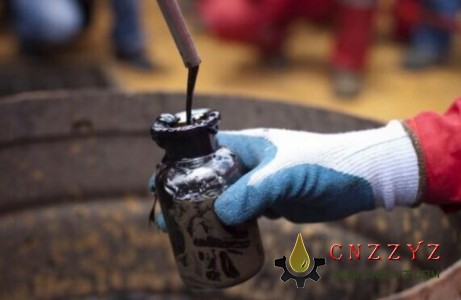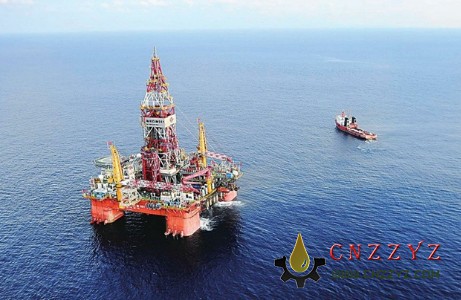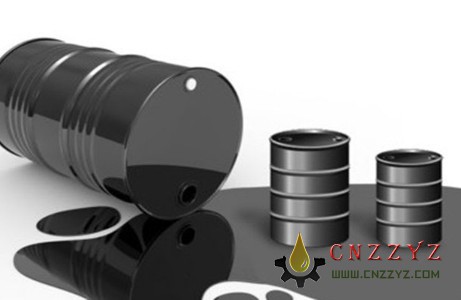石油设备网讯 据路透社休斯顿报道,匈牙利外长Peter Szijjarto周三表示,如果埃克森美孚到9月还没有决定是否投资大型黑海近海项目,匈牙利将再次向俄罗斯寻求天然气供应。
据咨询公司德勤称,罗马尼亚的黑海储备对俄罗斯天然气工业股份公司在中欧和东欧方面的供应主导地位构成了潜在挑战,开采这些油田可以使该地区的天然气供应多样化,并在2040年为罗马尼亚政府带来260亿美元的收入。
Szijjarto在休斯顿接受路透社采访时表示:“埃克森美孚可能改变欧洲能源供应的游戏规则,但需要他们做出最终投资决定。如果他们在9月之前不做出决定,匈牙利将不得不与俄罗斯达成另一项长期协议。”
埃克森美孚和奥地利能源集团OMV的罗马尼亚子公司OMV Petrom在法律框架修改之前,搁置了一项开发天然气田的决定。据估计,该气田的天然气储量为1.5万亿至3万亿立方英尺(420亿至840亿立方米)。
埃克森美孚发言人Julie King周三表示,埃克森美孚在决定是否投资罗马尼亚的Neptun Deep项目时,正在权衡几个因素。
King称:“这项决定将需要有竞争力和稳定的财政条款,开放的罗马尼亚天然气市场,能够实现自由贸易,以及在我们的特许协议期间,与邻国自由和流动市场的充分互联互通。”
匈牙利外长说,匈牙利地处中欧内陆,这使得它在获得所需天然气进口方面处于不利地位,该国85%的家庭使用天然气。
“我们能否实现天然气资源的多样化,取决于我们的四个盟友:克罗地亚、罗马尼亚、美国和奥地利。这是一个奇怪的情况,我们的朋友和盟友鼓励我们多样化,但基本上却取决于他们(是否能提供多样化市场)。”
詹晓晶 摘自 路透社
原文如下:
Hungary will have to buy Russian natural gas if Exxon waits on offshore project: minister
Hungarian Foreign Minister Peter Szijjarto said on Wednesday his country would again turn to Russia for natural gas supplies if Exxon Mobil Corp has not decided by September whether to invest in a massive Black Sea offshore project.
Romania’s Black Sea reserves pose a potential challenge to Russian Gazprom’s dominant role supplying Central and Eastern Europe, according to consultancy Deloitte. Tapping those fields could diversify the region’s gas supplies and bring the Romanian government revenue of $26 billion by 2040.
“Exxon Mobil can be the game changer in the energy supply of Europe. But they should finally make their final investment decision,” Szijjarto told Reuters during an interview in Houston where he was opening a consulate office.
“If they don’t make that decision until September, I will have to make another long-term agreement with the Russians.”
Exxon and Austrian energy group OMV’s Romanian subsidiary, OMV Petrom SA, have put on hold a decision on tapping the natural gas field pending legal framework revisions. The field has been estimated to hold 1.5 trillion to 3 trillion cubic feet (42 billion to 84 billion cubic meters) of natural gas.
Exxon is weighing several factors while deciding whether to invest in the Neptun Deep project in Romania, spokeswoman Julie King said on Wednesday.
A decision would require “competitive and stable fiscal terms, a liberalized Romanian gas market that enables free trade, and sufficient interconnectivity with neighboring free and liquid markets, in each case, for the duration of our concession agreement,” King said.
Hungary’s landlocked location in Central Europe puts it at a disadvantage in getting access to needed imports of natural gas, which is used by 85 percent of the households in the country, Szijjarto said.
“The question of whether we will be able to diversify gas resources depends on four allies of ours: Croatia, Romania, the United States and Austria,” he said. “It’s a strange situation where we are encouraged by our friends and allies to diversify, but basically it’s up to them.”






